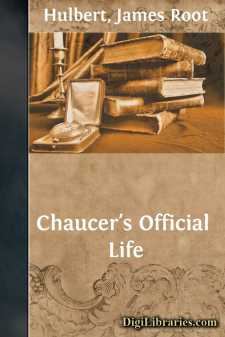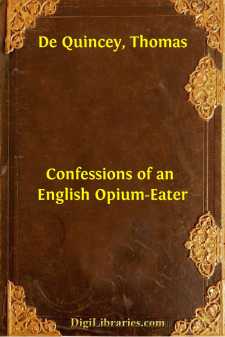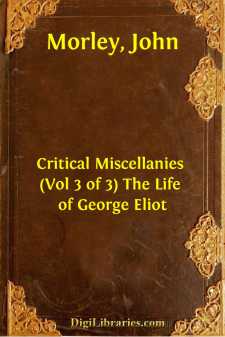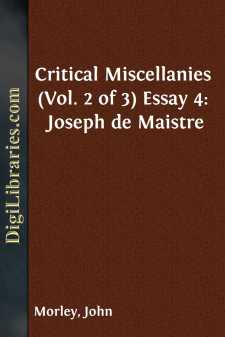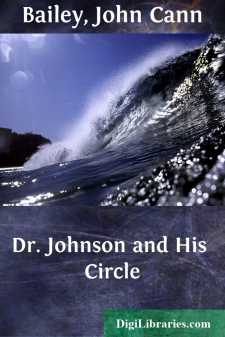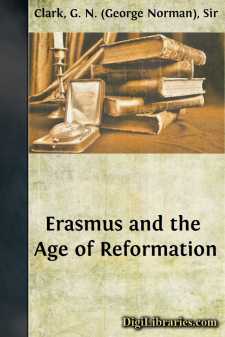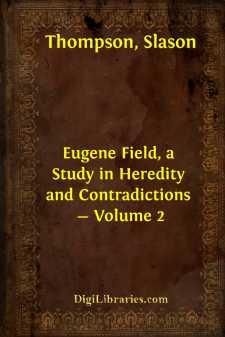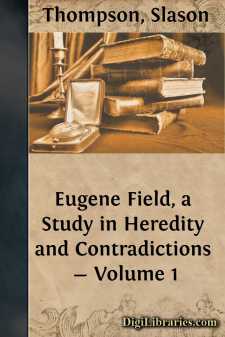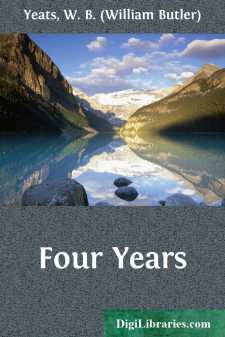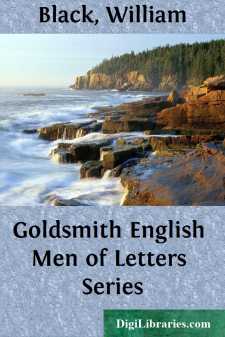Biography & Autobiography
- Adventurers & Explorers 15
- Artists, Architects, Photographers 16
- Business 2
- Composers & Musicians 14
- Criminals & Outlaws 5
- Editors, Journalists, Publishers 6
- Educators 1
- Entertainment & Performing Arts 3
- General 73
- Health, Exercise & Fitness 1
- Historians 3
- Historical 83
- Law Enforcement 1
- Lawyers & Judges 3
- Literary
- Medical 7
- Military 48
- Naturalists, Gardeners, Environmentalists 8
- Personal Memoirs & Diaries 226
- Philosophers 3
- Political 9
- Presidents & Heads of State 38
- Religious 38
- Rich & Famous 27
- Scientists 13
- Women 31
Literary Books
Sort by:
The researches of Sir Harris Nicolas, Dr. Furnivall, Mr. Selby and others have provided us with a considerable mass of detailed information regarding the life and career of Geoffrey Chaucer. Since the publication of Nicolas's biography of the poet prefixed to the Aldine edition of Chaucer's works in 1845, the old traditional biography of conjecture and inference, based often on mere...
more...
I here present you, courteous reader, with the record of a remarkable period in my life: according to my application of it, I trust that it will prove not merely an interesting record, but in a considerable degree useful and instructive. In that hope it is that I have drawn it up; and that must be my apology for breaking through that delicate and honourable reserve which, for the most part, restrains...
more...
by:
John Morley
THE LIFE OF GEORGE ELIOT. The illustrious woman who is the subject of these volumes makes a remark to her publisher which is at least as relevant now as it was then. Can nothing be done, she asks, by dispassionate criticism towards the reform of our national habits in the matter of literary biography? 'Is it anything short of odious that as soon as a man is dead his desk should be raked, and every...
more...
by:
John Morley
JOSEPH DE MAISTRE. Owing to causes which lie tolerably near the surface, the remarkable Catholic reaction which took place in France at the beginning of the present century, has never received in England the attention that it deserves; not only for its striking interest as an episode in the history of European thought, but also for its peculiarly forcible and complete presentation of those ideas with...
more...
by:
John Cann Bailey
CHAPTER I JOHNSON AS A NATIONAL INSTITUTION The name of Samuel Johnson is, of course, not the greatest in English prose, but even to-day, when he has been dead more than a century and a quarter, it is still the most familiar. We live in an age of newspapers. Where all can read, the newspaper press, taken as a whole, will be a fairly accurate reflection of what is in the mind of a people. Nothing will...
more...
PREFACE by G.N. Clark, Provost of Oriel College, Oxford Rather more than twenty years ago, on a spring morning of alternate cloud and sunshine, I acted as guide to Johan Huizinga, the author of this book, when he was on a visit to Oxford. As it was not his first stay in the city, and he knew the principal buildings already, we looked at some of the less famous. Even with a man who was well known all...
more...
by:
Slason Thompson
CHAPTER I OUR PERSONAL RELATIONS In the loving "Memory" which his brother Roswell contributed to the "Sabine Edition" of Eugene Field's "Little Book of Western Verse," he says: "Comradeship was the indispensable factor in my brother's life. It was strong in his youth: it grew to be an imperative necessity in later life. In the theory that it is sometimes good to be...
more...
by:
Slason Thompson
CHAPTER I PEDIGREE "Sir John Maundeville, Kt.," was his prototype, and Father Prout was his patron saint. The one introduced him to the study of British balladry, the other led him to the classic groves of Horace. "I am a Yankee by pedigree and education," wrote Eugene Field to Alice Morse Earle, the author of "The Sabbath in Puritan New England," and other books of the same...
more...
At the end of the eighties my father and mother, my brother and sisters and myself, all newly arrived from Dublin, were settled in Bedford Park in a red-brick house with several wood mantlepieces copied from marble mantlepieces by the brothers Adam, a balcony, and a little garden shadowed by a great horse-chestnut tree. Years before we had lived there, when the crooked, ostentatiously picturesque...
more...
by:
William Black
INTRODUCTORY. "Innocently to amuse the imagination in this dream of life is wisdom." So wrote Oliver Goldsmith; and surely among those who have earned the world's gratitude by this ministration he must be accorded a conspicuous place. If, in these delightful writings of his, he mostly avoids the darker problems of existence—if the mystery of the tragic and apparently unmerited and...
more...


